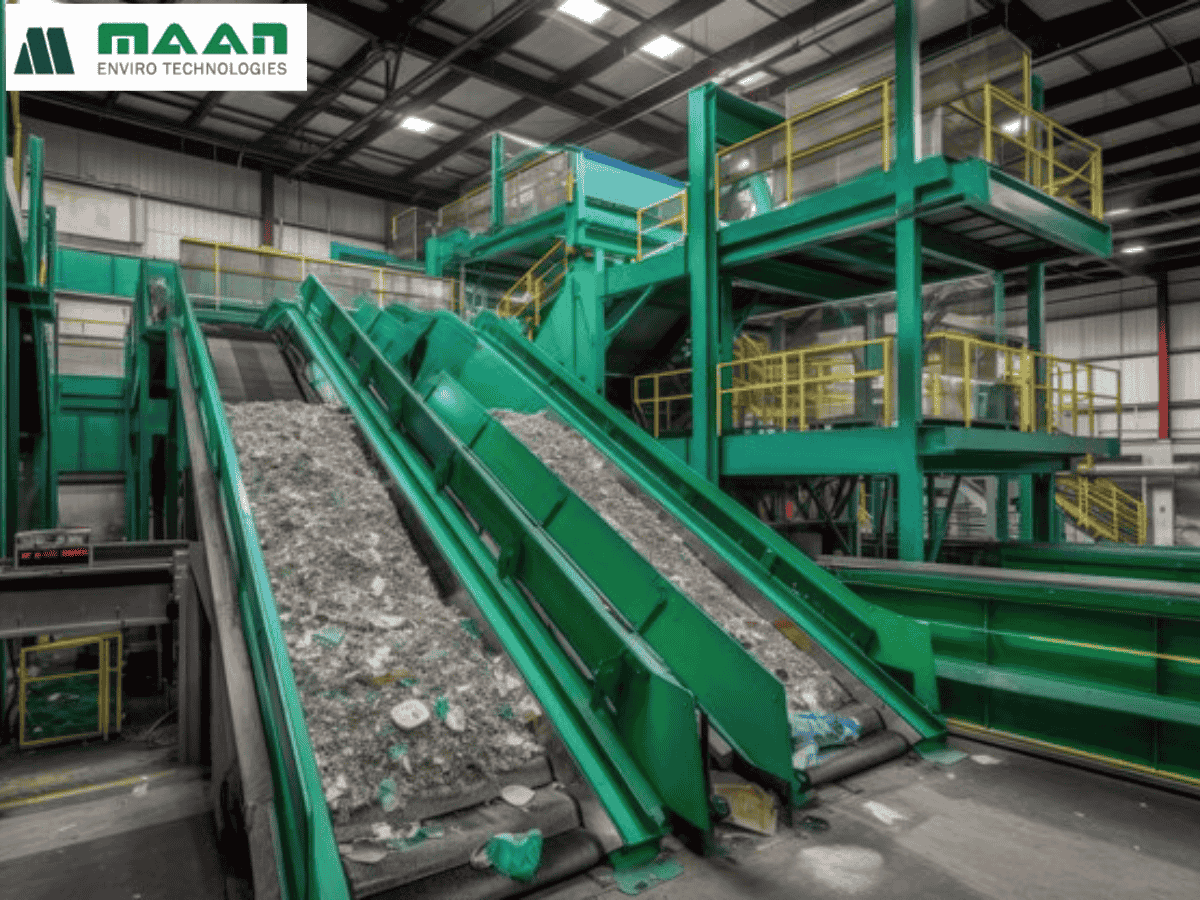Turning Waste into Wealth: Why Solid Waste Management Plants Make Economic Sense in India Today
Investing in a solid waste management plant in India has never been as financially attractive as it is now. With increasing waste generation driven by rapid urbanization and government policies to address it, waste management plants offer a way to make a solid economic impact while supporting sustainable practices.
Why the Numbers Now Work for Waste Management
Setting up a solid waste management plant does require a high initial investment, mainly for infrastructure and equipment. However, the story doesn’t end there. Operating costs for these plants are relatively low once established, as they efficiently process waste into products that can be sold using minimal human labor. For instance, Refuse-Derived-Fuel (RDF) plants generate RDF that can be sold to other industries as a substitute for coal, while MRFs sort recyclables that have a growing demand. This model allows companies to cover their operational costs while generating steady revenue, a dynamic that makes these projects economically sustainable.
From Compliance to Profit
Historically, waste management in India was seen as a compliance obligation rather than a revenue opportunity. But with advancements in technology, recycling, and energy recovery, companies can now turn a profit. In India, waste management companies like Antony Lara Waste Management Cell and Ramky Enviro Engineers are taking advantage of these changes, transforming waste into resources that support long-term financial stability.

A Smart Use of CSR Funds
For businesses looking to utilize their Corporate Social Responsibility (CSR) funds effectively, investing in waste management projects is ideal. Not only does this align with environmental responsibility goals, but it also opens up additional revenue streams, providing a dual benefit of compliance and profit. Unlike traditional CSR projects, which might not yield returns, these projects have a real potential to drive both social impact and financial gain. This shift is a clear win for businesses that want to make a positive impact while also enhancing profitability.
Today’s Market Makes It Easier to Succeed
With government support and a clear framework under initiatives like Swachh Bharat Mission 2.0, setting up these projects is more streamlined than ever. Moreover, raising funds has become simpler, with impact investors and government subsidies increasingly focusing on waste management.
The Bottom Line
In short, solid waste management plants are no longer just about compliance. They offer a strong business case with low operating costs, potential profits from selling recovered resources, and support from CSR and government initiatives. A decade ago, the economics didn’t work out this well, but today, waste management plants represent a sustainable, profitable, and impactful investment for India’s future.
